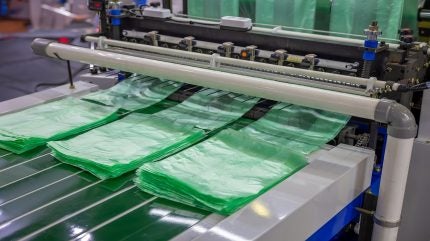
India’s Environment Ministry has mandated that from 1 July 2025, all plastic bags and multilayered packaging in the country must include a barcode or QR code.
These codes will detail the product’s thickness and manufacturer’s name, aiding in the enforcement of the domestic Plastic Waste Management Rules, 2016.
The Plastic Waste Management Rules require plastic waste generators to take steps to reduce plastic waste, avoid littering, ensure segregated storage at source, and dispose of segregated waste in line with the regulations.
According to a Times of India report, that legislation is the foundation for the country’s efforts to manage plastic waste responsibly.
The 2021 amendment to these rules banned certain single-use plastics from 1 July 2022, due to their minimal utility and high potential for littering.
Additionally, the production, import, and sale of plastic carrier bags under 120 microns was prohibited from 31 December 2022.
The latest regulations on barcode information come with stringent penalties for noncompliance.
According to section 15 of the Environment (Protection) Act, 1986, violations can result in imprisonment of up to five years, fines of up to Rs100,000 ($1,156), or both.
Earlier this month, the Indian Institute of Technology-Madras launched a new initiative aimed at developing zero-waste bioplastics.
The new centre is backed by the Department of Chemicals and Petrochemicals, Ministry of Chemicals and Fertilisers, Government of India.
The development aims to create sustainable, safe, cost-effective, and scalable alternatives to conventional plastics.




